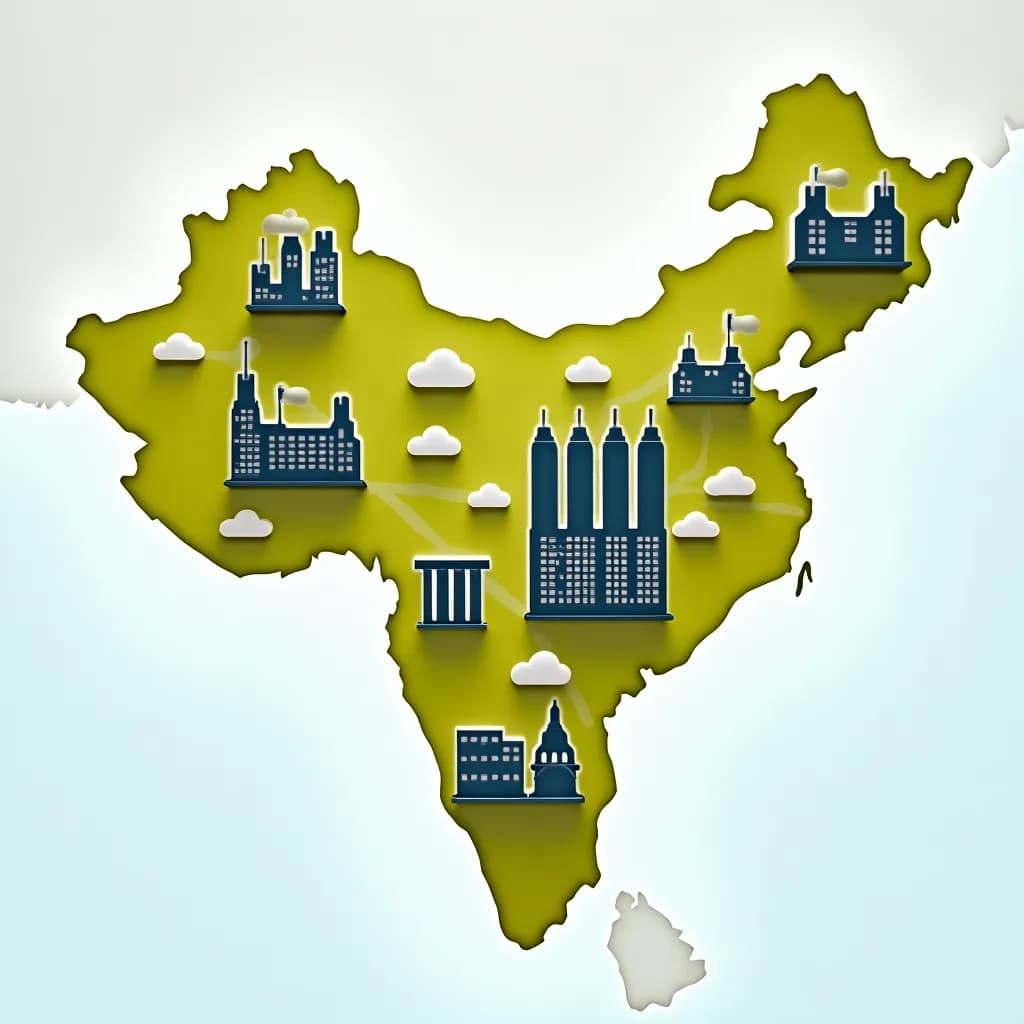The Cultural Impact of Political Polarization: Bridging Divides through Dialogue
In today’s increasingly polarized political landscape, the cultural fabric of societies around the globe faces unprecedented challenges. Political polarization, the process by which public opinion divides and goes to the extremes, has seeped into the cultural norms and practices of many countries, influencing everything from media consumption to interpersonal relationships.
Research conducted by the Pew Research Center highlights that political polarization is not just an American phenomenon but a global trend that has intensified over the past two decades. This raises significant questions about how such division impacts cultural cohesion and what steps can be taken to bridge these divides effectively.
Understanding the Roots of Political Polarization
To effectively address the cultural impact of political polarization, it is essential to first understand its roots. Political polarization can be attributed to several factors, including:
- Media Fragmentation: The rise of digital media has fragmented audiences, creating echo chambers where individuals are exposed primarily to viewpoints that reinforce their existing beliefs.
- Economic Disparities: Increasing economic inequality has often led to political discontent, as those who feel left behind by globalization and technological change rally behind populist movements.
- Identity Politics: The emphasis on identity-based politics has led to more segmented political affiliations, often at the expense of broader coalition-building.
These elements combine to create a cultural environment ripe for polarization, where dialogue becomes strained and mutual understanding is rare.
The Cultural Consequences
The cultural consequences of political polarization are profound. As societies become more divided, cultural norms and practices often reflect these schisms. Here are some notable impacts:
- Social Segmentation: Communities and social networks increasingly align along political lines, with people choosing friendships and affiliations based on political ideologies.
- Reduced Trust in Institutions: Polarization erodes trust in traditional institutions, including media, government, and even science, as these entities are often perceived through a partisan lens.
- Art and Media: Cultural outputs such as films, music, and literature often become battlegrounds for political expression, sometimes leading to censorship or backlash.
These cultural shifts can hinder societal progress, as they create environments where compromise and collaboration are challenging to achieve.
Bridging the Divides through Dialogue
Despite the daunting nature of political polarization, there are strategies that can foster dialogue and cultural cohesion:
- Encouraging Open Dialogue: Creating platforms for open dialogue can help individuals confront and understand different perspectives. Town halls, forums, and online platforms can facilitate such discussions.
- Promoting Media Literacy: Education systems and media organizations should promote media literacy to help individuals critically assess information and recognize biases.
- Supporting Bipartisan Initiatives: Encouraging bipartisan or non-partisan projects can help bridge divides by focusing on common goals, such as community service or environmental protection.
By focusing on common values and goals, individuals and communities can begin to heal cultural divides exacerbated by political polarization.
Conclusion
The cultural impact of political polarization is a complex and multifaceted issue that requires thoughtful attention and action. While the challenges are significant, the potential for bridging divides through dialogue and understanding remains a hopeful prospect. By fostering a culture of open communication and shared values, societies can work towards a more harmonious and cohesive future.
As political polarization continues to shape the cultural landscape, it remains imperative for individuals, communities, and policymakers to actively engage in efforts that promote unity and understanding. Only through such concerted efforts can the cultural impact of political divides be mitigated, paving the way for a more inclusive and interconnected world.






